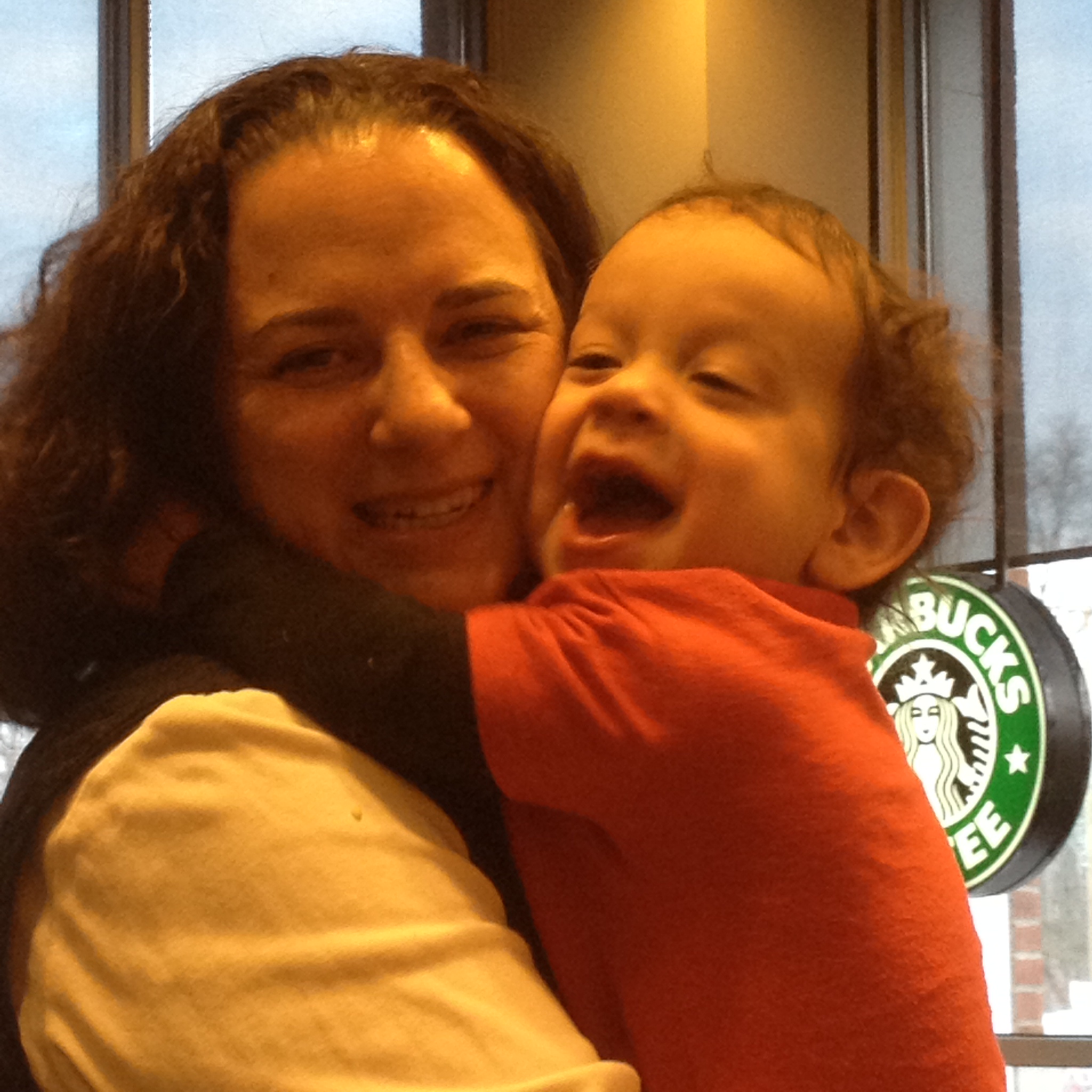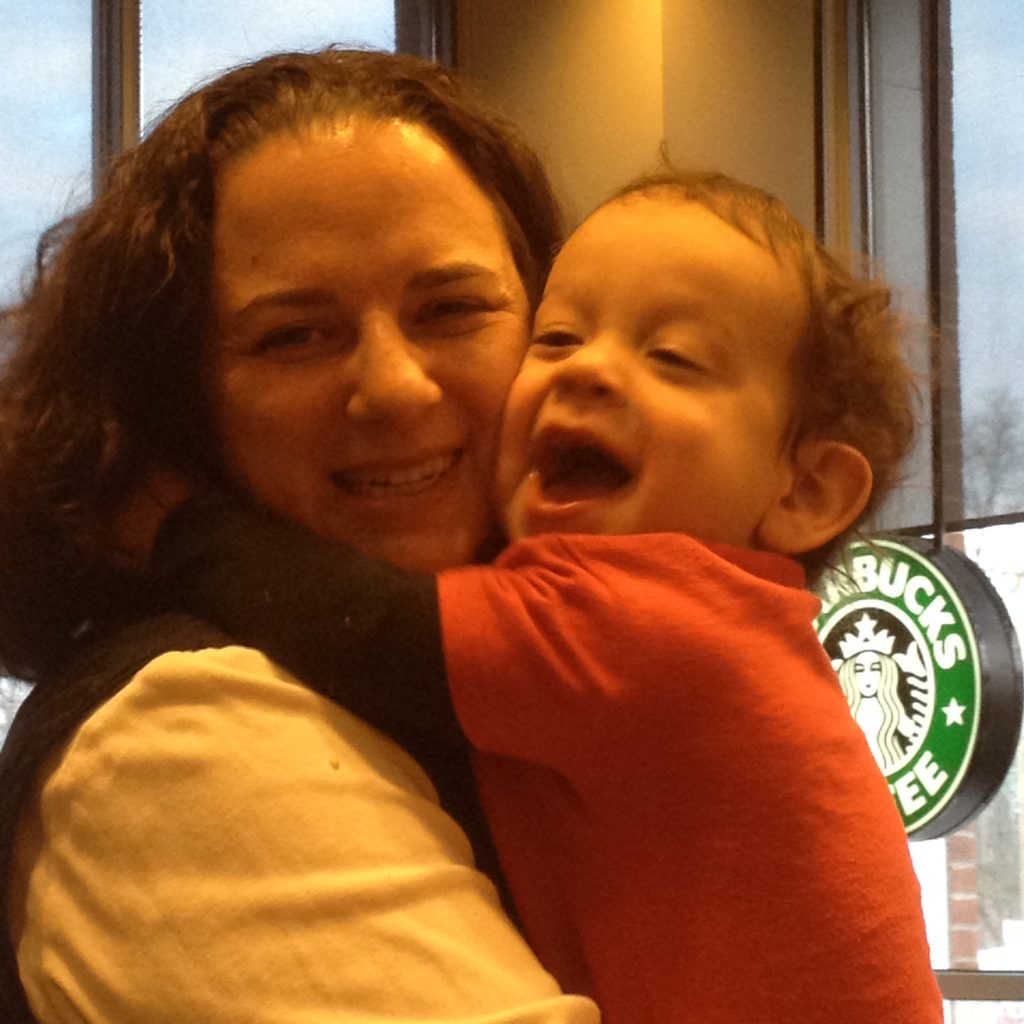
Will You Love My Son?
I suppose it’s every mother’s dream and nightmare all tied together in one shiny package: that one day someone might love her son (insert “daughter” here if it applies!) enough to capture his heart. We worry that our son might return this person’s affections, loving us a bit less, or a bit differently. We worry that one day our son might leave us for this other person (though we try to remind ourselves that God intended it to be so….the Torah says a man should leave his father and his mother and cleave to his partner). And of course we worry that our son might fall in love only to have his heart broken, and we pray that we might be there one day to pick up the pieces.
But for our children with disabilities the story will probably not be the same. I doubt my son (while only 3 right now) with Fragile X Syndrome will ever get married, though he will probably have crushes, his heart breaking when he doesn’t understand why his feelings aren’t returned. And while he is adorable (objectively, it’s true!) and very lovable, and all of his teachers and therapists tell me how much they love him, I still wonder, and worry, and stress about you, the stranger in this world. Will you love my son with disabilities when you meet him?
Because I struggle to love yours.
Just last week, a new person entered our synagogue. He was a young man in the community, someone I’ve seen around over the years. I don’t know his name. I don’t know his story. I could have asked before, but until this time, I hadn’t. What changed for me was the text my friend sent when the young man entered our morning minyan (daily quorum): weird guy here again.
I rushed into the minyan. Weird guy? Was there someone harmful? Disruptive? No. Here was a young man, struggling to find his place in the siddur (prayer book) and in our service, smiling at everyone (smiling a bit much, perhaps), but completely harmless and completely not “weird.” Not weird! In fact, he reminded me so much of my son that I made it a point to help him find the page, and I asked his name and told him I hope I’ll see him again.

I wanted to cry. Why had it taken me so long to reach out? What was I afraid of? And what had scared my friend so much that he had labeled this young man as “weird” and left it at that?
When will my son go from being cute and loveable to weird and scary? I’ll always love him, of course. But will you?
Inclusion goes beyond how we welcome those with disabilities into our religious schools or day schools or how we make synagogue services more inviting. Inclusion starts with our attitudes. Only when we can love each person (with or without disabilities) because he or she is someone’s child – only then will we truly be an inclusive community.
I feel (mostly) confident that my son is being raised in an environment where he will know he is loved and respected and included. I hope I can say the same for your children. And I hope when your children come to visit me, they will feel welcomed and loved. And I hope, when you meet him, that you will love my son.
Rabbi Ilana C. Garber lives in West Hartford, CT and is the associate rabbi at Beth El Temple. She lives with her husband and 2 sons, one who has Fragile X Syndrome. Follow Ilana on Twitter and learn more about inclusion and #WhatRabbisDo.
About the author Rabbi Ilana C. Garber lives in West Hartford, CT and is the associate rabbi at Beth El Temple. She lives there with her husband and 2 sons, one who has Fragile X Syndrome.
Stay Included
To stay up to date on our most recent advocacy efforts, events and exciting developments, subscribe to our newsletter and blog!















